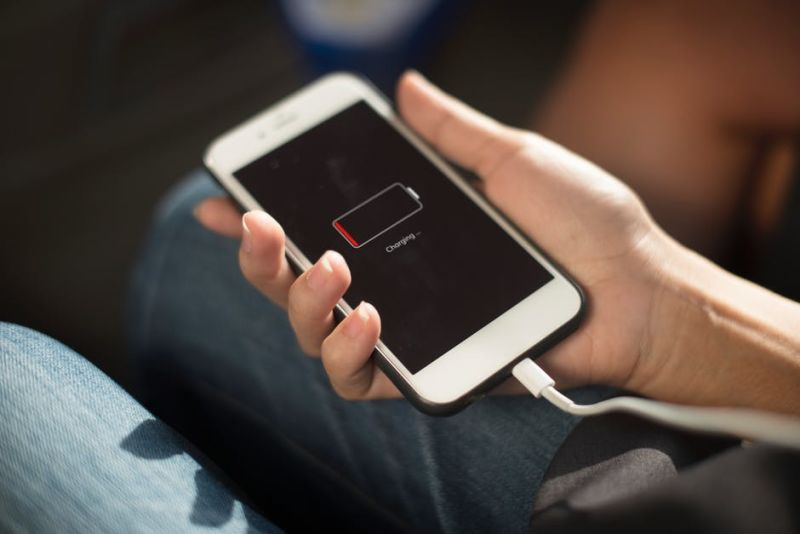Apple Confirms It Intentionally Slows Down Older iPhone Models
Last week, the media highlighted an interesting study conducted by a Reddit user known as TeckFire. The user discovered a strange correlation: it appeared that Apple was deliberately slowing down the performance of older iPhone models with weaker batteries. While iPhone users have long noticed that their smartphones become increasingly sluggish over the years and with each new iOS update, TeckFire was the first to document a decrease in processor clock speeds and link these changes to the natural decline in battery capacity over time.
TeckFire’s findings caught the attention of Geekbench developer John Poole, who ultimately confirmed the user’s conclusions. Poole found that the performance of the iPhone 6S and iPhone 7 was indeed artificially reduced after the release of iOS 10.2.1 and 11.2.0. The introduction of this feature in iOS 10.2.1 can be explained by an update for the iPhone 6 and iPhone 6S (including their Plus versions), which were known to randomly shut down due to battery issues. However, Poole could not explain why similar functionality appeared in iOS 11.2.0 for the iPhone 7 and iPhone 7 Plus models.
Meanwhile, Reddit users widely reported that simply replacing the battery restored CPU performance to normal and resolved the mysterious “problem.” As a result, the Geekbench author called these iOS updates quite concerning, since they led users to believe it was time to replace their phones due to noticeable slowdowns, when in reality, a battery replacement would suffice.
Apple Responds to the Controversy
Amid the growing scandal, Apple itself stepped in to clarify the situation. Apple representatives told TechCrunch that lowering processor speeds extends the lifespan of lithium-ion batteries and helps prevent unexpected device shutdowns caused by factors such as cold temperatures, peak workloads, and the natural degradation of batteries. This feature, which smooths out “instantaneous peaks,” was implemented last year for the iPhone 6, iPhone 6s, and iPhone SE, and with the release of iOS 11.2, it was extended to the iPhone 7. The company also noted that it plans to “add support for other products” in the future.
On the surface, Apple’s position seems clear and logical, with valid reasons for slowing down processors and addressing bugs in this way. However, this statement did not stop the scandal. Now, Apple faces a new wave of criticism. The main issue is that Apple did not inform iPhone users about the reasons their devices were running slower. As mentioned above, the problem can be solved by replacing the battery, but users often assume it’s time to buy a new phone.
Worse still, Apple has long fought against “unauthorized” repairs of its devices, making it difficult for third-party service centers to operate. Official Apple Stores are not available in every country, so self-repair or even a simple battery replacement is often not an option. Additionally, as journalists from Vice Motherboard point out, replacing an iPhone 6S battery at a regular repair shop costs about $39, while the official Apple service charges $79 for the same procedure, and only by appointment.



